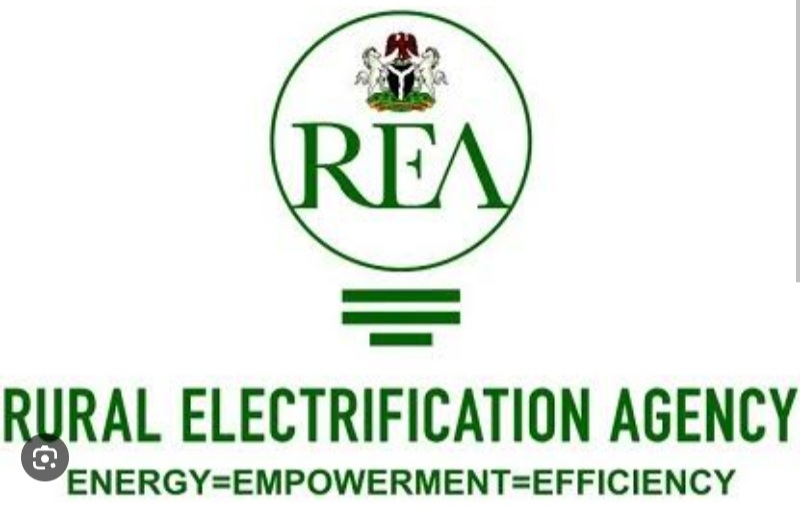
The Federal Government says
it has spent about 250 million dollars to provide electricity supply to some Federal Universities and teaching hospitals.
This initiative is part of President Bola Tinubu’s Renewed Hope Agenda to expanding alternative energy access to underserved and unserved rural communities.
According to Rural Electrification Agency (REA) the projects were executed under the Energising Education Programme of the Nigeria Electrification Project.
The Managing Director of REA, Mr Abba Aliyu said this at a two-day stakeholders engagement forum on the Energizing Education Programme in Abuja on Friday,
Aliyu said ”over 250 million dollars has been spent on both phase 11 and 111 of these projects to deploy infrastructure, build distribution network, upgrade sub-stations and meter all connecting areas within the universities.
”Part of the funds was also used to build world class training centres to train students in renewable energy,”he said.
According to him, the programme is expected to provide reliable and affordable power supply to the 37 federal universities and seven affiliated teaching hospitals.
He said that the institutions are being equipped with solar hybrid power plants, collectively capable of generating over 100 Megawatts of clean energy.
“A lot of money has been committed, over $250 million has been spent in both phase II and phase III of this project to deploy these infrastructure.
On his part, the Minister of Power, Mr Adebayo Adelabu said the projects would improve electricity supply to the universities at an affordable rate.
Adelabu who was represented by Mr. Bem Anyangeaor Assistant Director, Renewable and Rural Access said that studies have shown that there is a direct link between energy access and education outcomes.
“When schools have reliable electricity, they can extend learning hours, utilise educational technology, and create safe and comfortable learning environments.
”This, in turn, leads to increased enrollment, improved academic performance, and enhanced teacher/student productivity.
“This is why the EEP was conceptualised to address the issue of electricity access in our educational institutions. Although a number of universities in Nigeria are connected to the national grid, the consistency and quality of electricity supply can differ substantially, particularly in rural regions.
”However, many educational institutions in Nigeria continue to grapple with the challenges of securing reliable and affordable electricity.
He listed the challenges to include infrastructure limitations, financial constraints, and technical difficulties, which collectively hinder the delivery of quality education and undermine the academic experience.
Adelabu said that despite these challenges, the power sector have opportunities for innovation and collaboration.
”By investing in renewable energy technologies, improving grid infrastructure, and promoting energy efficiency, we can overcome these obstacles and expand access to electricity in educational institutions across the country”, he said.
The minister said that the relationship between energy access and education was undeniable, and sustainability is the key to unlocking this potential.
He said that by investing in energy infrastructure and ensuring that all educational institutions have access to reliable and affordable electricity, the country can create a brighter future .
On his part, the Head of, the Nigeria Electrification Project, Mr. Olufemi Akinyelure said while projects in phase II of the programme have been completed, those in phase III will be ready by the first quarter of next year.
He said that power supply from the facilities won’t be free adding that it would be far cheaper than the regular grid supply.
Akinyelure explained that the collaboration agreement deal with the universities and teaching hospitals would ensure the sustainability of the facilities.
“This agreement, which now applies to Phases I, II, and III, outlines the roles, responsibilities, and financial commitments necessary to sustain the solar power plants.
The sustainability and business case models for EEP Phase I were especially emphasized to correct any previous oversights and ensure the alignment of all phases with the long-term sustainability framework.
Some of the benefiting universities are Federal University of Technology, Akure, University of Uyo, Federal University Lokoja, Modibo Adamawa University, Yola, University of Port-Harcourt Teaching Hospital amongst others.